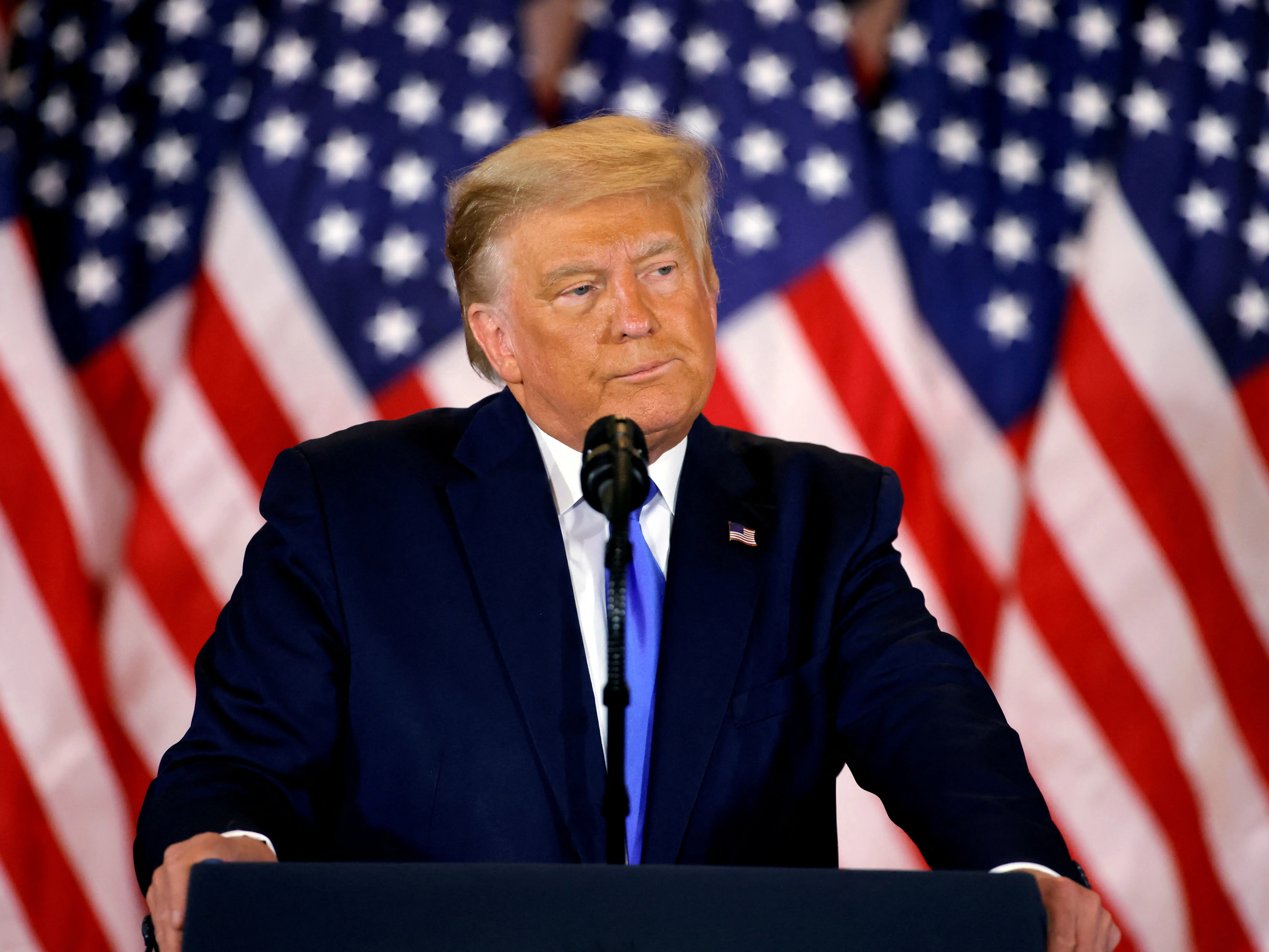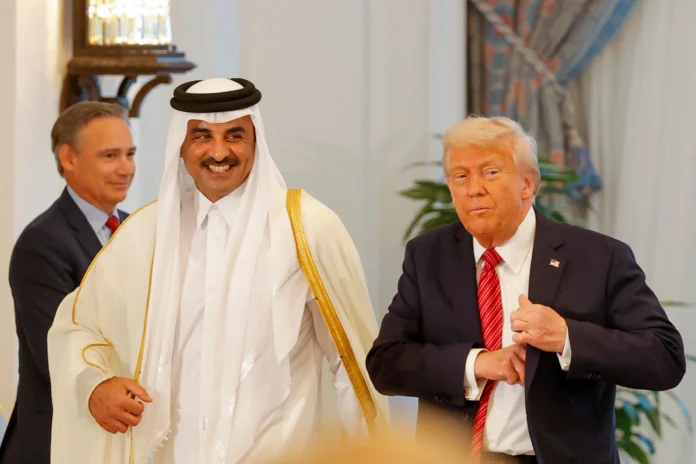President Donald Trump has signed a new executive order declaring that any armed assault on the State of Qatar, its sovereignty, or its vital infrastructure will be considered a direct threat to the peace and security of the United States.
The move underscores Washington’s growing strategic ties with Doha and signals a stronger U.S. commitment to defending its Gulf ally at a time of heightened regional instability.
Executive Order Outlines U.S. Response
&imwidth=800&imheight=600&format=webp&quality=medium)
According to the presidential directive, the United States will respond to any aggression against Qatar with “all lawful and appropriate measures.” These include diplomatic initiatives, economic actions, and, if necessary, military force to safeguard American interests and maintain regional stability.
The order also tasks the Secretary of War (formerly Secretary of Defense) and the Secretary of State with establishing joint defense planning with Qatar. In addition, they are instructed to coordinate with allied nations to provide assistance in case of a crisis.
Strengthening U.S.-Qatar Security Cooperation
The executive order follows months of intensified dialogue between Washington and Doha. During a recent meeting in Doha on May 15, 2025, Trump sat down with Emir Sheikh Tamim bin Hamad Al Thani to discuss bilateral cooperation, defense partnerships, and broader Middle East security concerns.
The decision highlights the White House’s recognition of Qatar as a pivotal security partner in the Gulf. U.S. officials stress that Qatar not only hosts vital American military facilities, including the Al Udeid Air Base, but also plays a diplomatic role in regional negotiations.
Qatar’s Role in Hamas Negotiations
The timing of the order is also significant. Just days earlier, Sky News Arabia reported that Qatar informed the U.S. administration of its potential ability to persuade Hamas to disarm and consider Trump’s 20-point peace initiative for Gaza.
According to sources cited by The Jerusalem Post, Qatari officials assured the Trump administration and neighboring Arab states that Doha could use its influence to encourage Hamas toward demilitarization and acceptance of a political settlement.
Trump’s Cautionary Message to Israel
This development follows a period of tension involving Israeli military activity in Doha. In late September, when asked about Israel’s strikes in Qatar, Trump told reporters that while Israel remains a close U.S. ally, it must act with “great caution.”
The president’s remarks were seen as a rare public rebuke of Israeli operations, highlighting Washington’s balancing act between supporting Israel’s security concerns and protecting its partnership with Qatar.
Days after the Israeli strike, Trump met with Qatar’s prime minister during a private dinner in New York, further emphasizing the administration’s close engagement with Doha’s leadership.
U.S. Interests at Stake
Analysts note that Trump’s executive order reflects both strategic and economic interests. Qatar is not only a key defense partner but also a significant player in global energy markets, particularly natural gas. Any disruption in Qatar’s stability could have ripple effects on energy security, trade routes, and U.S. military operations in the region.
By framing an attack on Qatar as a threat to U.S. national security, the order effectively extends America’s protective umbrella over the Gulf nation, elevating it to the level of a formal strategic partner.
Regional and Global Implications
Trump’s directive is expected to send a strong message to regional adversaries. It signals that Washington will not tolerate destabilizing moves against Qatar and that any aggression will trigger a U.S. response beyond mere diplomacy.
At the same time, the order reinforces the administration’s broader Middle East strategy—using both military deterrence and diplomatic engagement to pursue security, counterterrorism, and peace efforts.
While critics warn that the decision risks entangling the U.S. in future regional conflicts, supporters argue it provides clarity and deterrence at a critical moment.
Conclusion
The executive order signed by President Trump on October 1, 2025, represents a firm commitment to Qatar’s defense and a warning to potential aggressors. By tying Qatar’s security directly to that of the United States, the Trump administration is signaling a new era of partnership that could reshape the Gulf’s strategic landscape in the years ahead.
As Qatar positions itself as both a diplomatic mediator and a vital U.S. ally, the implications of this policy shift will be closely watched by Israel, Arab neighbors, and global powers alike.


